The Bangkok Post quoted Mr Wissanu as saying that claims over Mr Pita's stake in media company iTV Plc would be a key factor in determining his eligibility for the prime minister role.
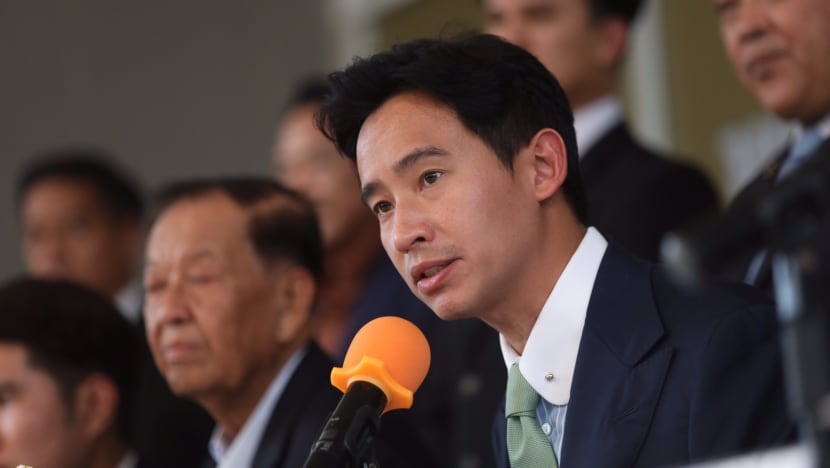
Mr. Pita Limjaroenrat. Photo: CNA
According to the report, if the complaint is only about Mr Pita becoming the country's new prime minister, he can still be a member of parliament . "If the complaint is about both, the court will make a ruling regarding both the prime minister and the parliamentarian role," Mr Wissanu said.
Mr. Pita is the leader and sole prime ministerial candidate of the Forward Party, which won a surprise victory in the country's general election on May 14.
Ahead of the prime minister election, Mr. Ruangkrai Leekitwattana filed a complaint with the Election Commission, arguing that Mr. Pita was disqualified from running because he held shares in a media company and thus violated the constitution. Mr. Ruangkrai is a parliamentary candidate for the Palang Pracharat Party.
Section 98 of the constitution prohibits individuals from running for parliament if they are shareholders in any newspaper or mass media company.
On May 9, Mr. Pita wrote on Twitter that he was not concerned about the incident because the shares belonged to his family’s inheritance fund. “My position is as the fund manager and I have consulted and informed the National Anti-Corruption Commission long ago,” he wrote.
His Forward Party won the May 14 general election with 151 seats in parliament. After the historic victory, the party formed a coalition with seven political allies, including Pheu Thai, Prachachat, the Thai Freedom Party, Thai Sang Thai, Fair, Plung Sungkom Mai and Pue Thai Rumphlang.
The coalition currently holds 312 seats out of 500 in the Thai House of Representatives. To become prime minister, Mr. Pita needs to receive the minimum majority support from parliamentarians, equivalent to at least 376 votes in both the House and Senate.
Quoc Thien (according to CNA)
Source


![[Photo] Prime Minister Pham Minh Chinh chairs meeting on science and technology development](https://vphoto.vietnam.vn/thumb/1200x675/vietnam/resource/IMAGE/2025/5/17/ae80dd74c384439789b12013c738a045)
![[Photo] More than 17,000 candidates participate in the 2025 SPT Competency Assessment Test of Hanoi National University of Education](https://vphoto.vietnam.vn/thumb/1200x675/vietnam/resource/IMAGE/2025/5/17/e538d9a1636c407cbb211b314e6303fd)

![[Photo] Readers line up to visit the photo exhibition and receive a special publication commemorating the 135th birthday of President Ho Chi Minh at Nhan Dan Newspaper](https://vphoto.vietnam.vn/thumb/1200x675/vietnam/resource/IMAGE/2025/5/17/85b3197fc6bd43e6a9ee4db15101005b)







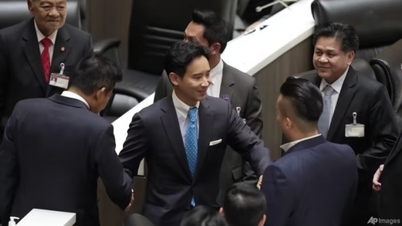
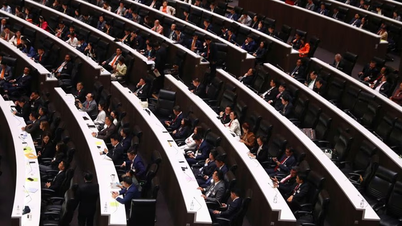



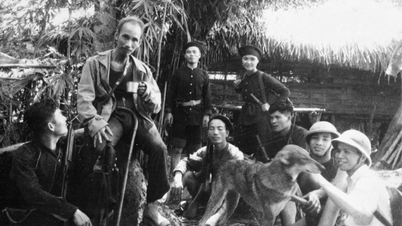
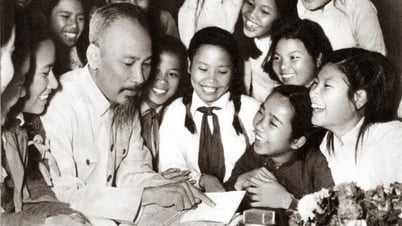

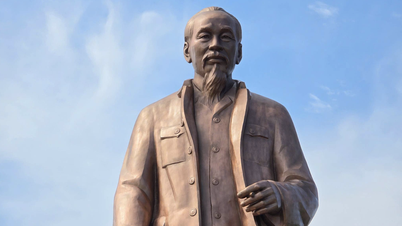

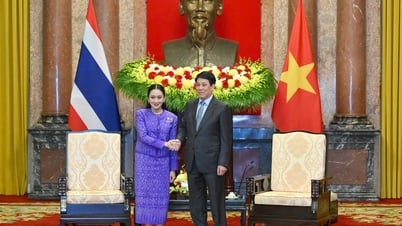











![[Photo] Nearly 3,000 students moved by stories about soldiers](https://vphoto.vietnam.vn/thumb/1200x675/vietnam/resource/IMAGE/2025/5/17/21da57c8241e42438b423eaa37215e0e)
















































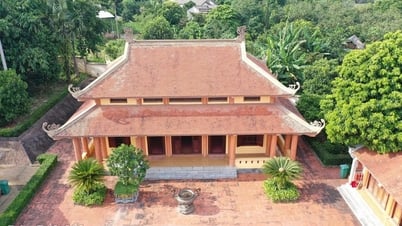



















Comment (0)